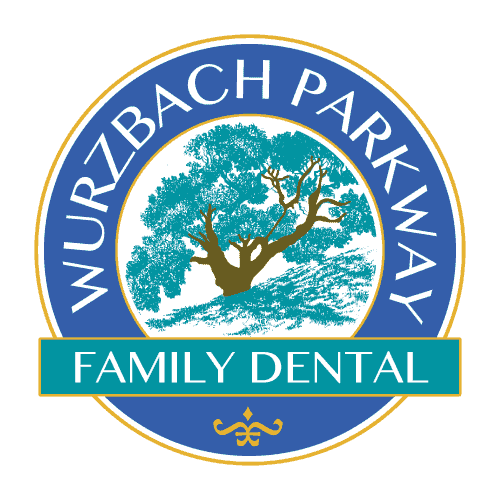All Family Pets Need Oral Hygiene
The humans in our families aren’t the only ones who need a consistent oral hygiene routine to maintain good oral health. In fact, it is recommended that family pets, such as cats and dogs, practice good oral hygiene as well. We believe that your pet’s oral health is just as important as yours. Without a routine, they are susceptible to developing gum disease just like you and me!
Good Oral Hygiene Is Vital
We know a lot of patients who would never forget to brush their teeth. However, many pet owners accidentally overlook their pet’s dental health. While a family pet’s oral health is typically monitored through annual veterinary visits, most of them don’t receive regular dental cleanings. In fact, there are many pet owners who use “dental treats” as their dog or cat’s only source of dental hygiene. We agree they are good for your pet’s health and they do benefit their oral hygiene. However, they should be paired with regular brushing!
That’s right; even the family dog should brush their teeth. Well, you need to be brushing their teeth, but you know what we mean! Relying solely on dental treats to clean your dog’s teeth is like expecting sugar-free gum to clean yours. While it may have some benefits, they aren’t meant to be an exclusive solution. Brushing your pet’s teeth regularly (preferably once per day) is the best way to prevent the build up of both plaque and tartar.
Dental Hygiene Can Increase Your Pet’s Life Expectance
At Wurzbach Parkway Family Dental we strive to be on the cutting-edge of dental research and technology. This is one of the reasons we offer our patients such in-depth information on conditions such as periodontal disease and its correlation to a variety of diseases through the Oral Systemic Link. The truth is, periodontitis and the Oral Systemic Link don’t just affect humans, your pets can develop gum disease too!
According to the School of Veterinarian Medicine and BioMedical Sciences at Texas A&M University, practicing preventive dental care with your pet should increase the life of your pet. They also state that pet-related dental and medical practices have come a long way in the past 20 years, which has increased the overall life expectancy of both dogs and cats. Due to this increase in life expectancy, veterinarians see more pets with periodontal disease. The reason is that pets used to pass on at younger ages, so periodontitis didn’t have the chance to impact their overall health. Now that they are living longer, doctors are now witnessing the damaging effects periodontitis can have on a pet’s liver, kidney, and other vital organs.
The Best Oral Care For Your Pet
The American Veterinary Dental College suggests that you start your pet’s oral hygiene routine around 8 to 12 weeks old. However, it is never too late to start! The first step is to train your pet to accept their oral hygiene routine with regular teeth brushing starting with gauze wrapped around your finger. Once they have become accustomed to this sensation, you can switch over to using a very soft bristled toothbrush and begin introducing pet toothpaste.
It is never acceptable to use toothpaste intended for humans to clean your pet’s teeth as the ingredients often contain abrasives and high-foaming detergents that can cause stomach issues if ingested by them. Chew toys, dental treats, and rawhides are great additions to your pet’s oral health. However, they should never be the only staple in your family pet’s oral hygiene routine. While they aren’t the best solution on their own, they do aid in your dog’s overall dental health.
At Wurzbach Parkway Family Dental, we love and care about every single member of your family, including your pets! This is one of the many reasons we are dedicated to informing our patients about how they can improve the oral health of their entire family. We believe that just like our patients, family pets deserve to live long healthy lives too. For more information about your pet’s oral health, please feel free to contact us today.


